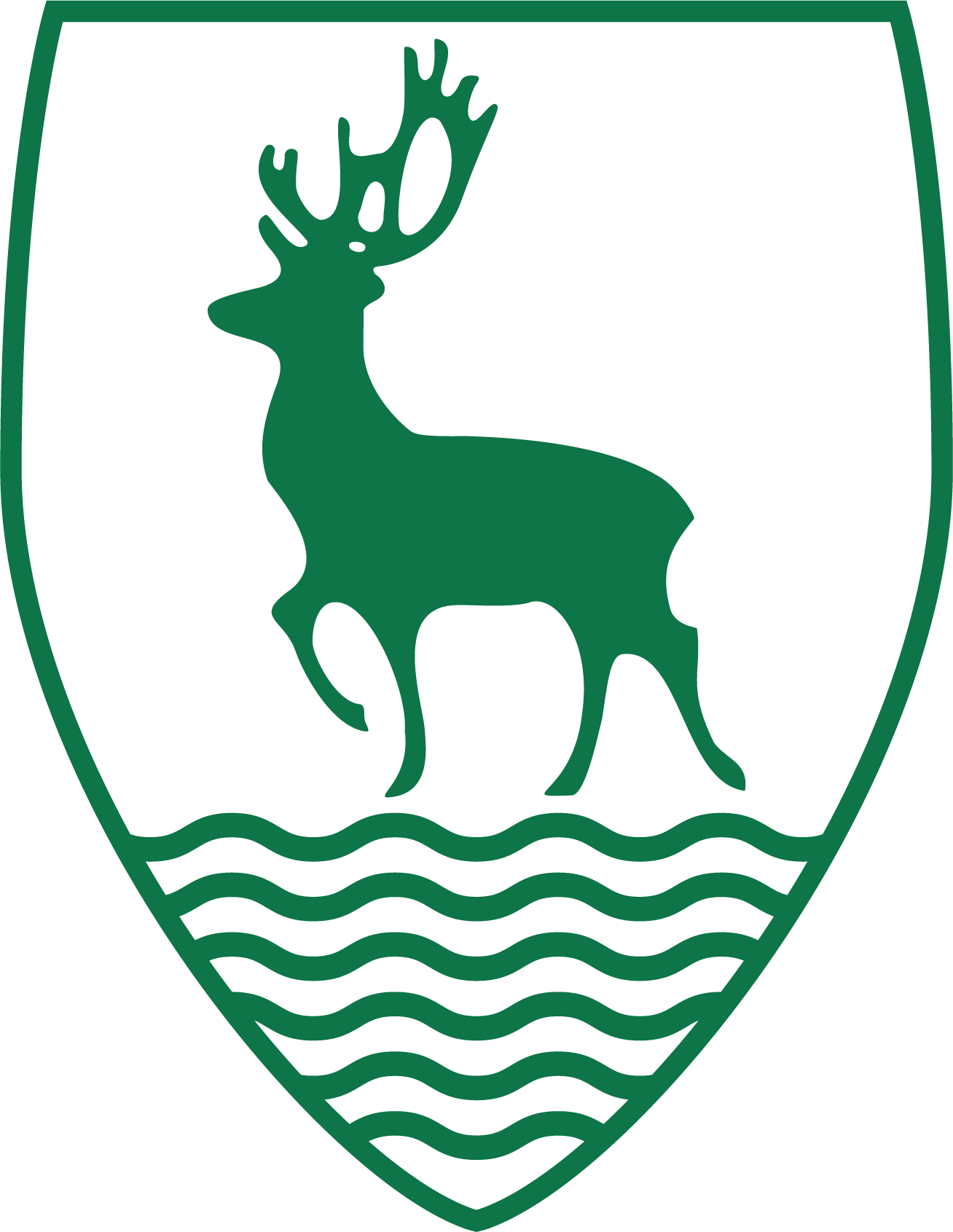
The safety and wellbeing of our students, here at Simon Balle All through School is of paramount importance, both in terms of the physical world but of equal importance is that of the online world. If we are to “create tomorrow’s citizens today” , all of our children and young people need to be made aware of the benefits and dangers of an online presence, for now so many activities and experiences take place through various digital devices and in various virtual spheres. Similarly educating children with the skills needed for basic safety for life (road safety, safety in the home, relationships with strangers), keeping yourself safe online is equally a skill for life.
If your child understands the risks and can make sensible and informed choices online, they can get the most from the internet and stay safe whilst doing so – particularly from those people who might try to exploit them.
Simon Balle All through School is a “digital school”, whereby all secondary students are expected to subscribe to the school’s scheme and purchase a digital device for daily use. Teachers set work through the school’s teaching and learning systems (google classroom) and students are expected to use their devices to both access this work and use their device for researching information. In our primary phase, our children and young people are introduced to chrome books from Year 1 up, and develop a thorough understanding through the phrase of the importance of using a device to access learning in a wide range of contexts and ways.
How does the school educate students about online safety?
Simon Balle All Through School continues to develop a curriculum which addresses e-safety, with age appropriate examples, so that our youngest children through to those students leaving us aged 18, understand the context they may find themselves in.
Our taught curriculum covers issues such as online safety, trustworthiness of websites, online threats such as malware, computing legislation and people’s rights, cyberbullying, sexting, digital footprint and building a positive digital reputation.
This is delivered via:
- Learning for life lessons
- Computer Science curriculum throughout all years
- UK Safer Internet Day assemblies and theme week in February of each year
- Support from class teachers and our Edu-tech team
- The use of our sixth form E-safety Ambassadors
- All students sign an Acceptable Use Agreement for IT services at school, and school networks and Wifi are filtered and monitored.
How can you protect your child online?
Simply put, if you understand the internet and understand what the risks are, there are a number of things you can do that will make your child safer online. Below you will find a list of some websites you can visit to find out more.
We encourage parents to maintain active discussions with their children around eSafety, put filtering in place at home and to impose sensible time limits on the use of devices at home. In school, we have a very clear internet safety policy and each year all students are educated how to stay safe online.
For those parents who are concerned about their children’s safety or the internet, the following sites provide useful advice:
- www.thinkuknow.co.uk – a site run by CEOP (Child Exploitation and Online Protection centre) with up to date information for children of different ages and parents.
- http://www.saferinternet.org.uk/advice-and-resources/parents-and-carers/parents-guide-to-technology – A guide to answer questions and introduce some of the most popular communication devices, highlighting the safety tools available and empowering parents with the knowledge they need to support their children to use these technologies safely and responsibly.
- http://www.swgfl.org.uk/safe – provides online safety advice for parents, children and schools.
- http://www.chatdanger.com – offers information related to potential danger using chat related services both on computers and mobile phones.
There are also a number of useful materials attached below that will give further guidance.
Reporting To School
Almost all cyberbullying incidents take place outside of school hours. We explain to students that their online conduct outside hours still needs to meet the high standards of behaviour we would expect in school and all reports of cyberbullying will be investigated and taken seriously.
If you need to report an incident, please contact your child’s class/ form teacher in the first instance. We are here to support you and we will do whatever we can to help and keep students safe. If the incident occurs outside of our jurisdiction, it may be necessary for us to advise you to call the police non-emergency number (101).
The following documents relating to online safety may be useful for parents and carers:
- Supporting-Young-People-Online
- Digital-Parenting-Magazine-2019-20
- Cyberbullying-Parents-Information-Guide
- Childnet-Family-Agreement
- https://parentinfo.org/

